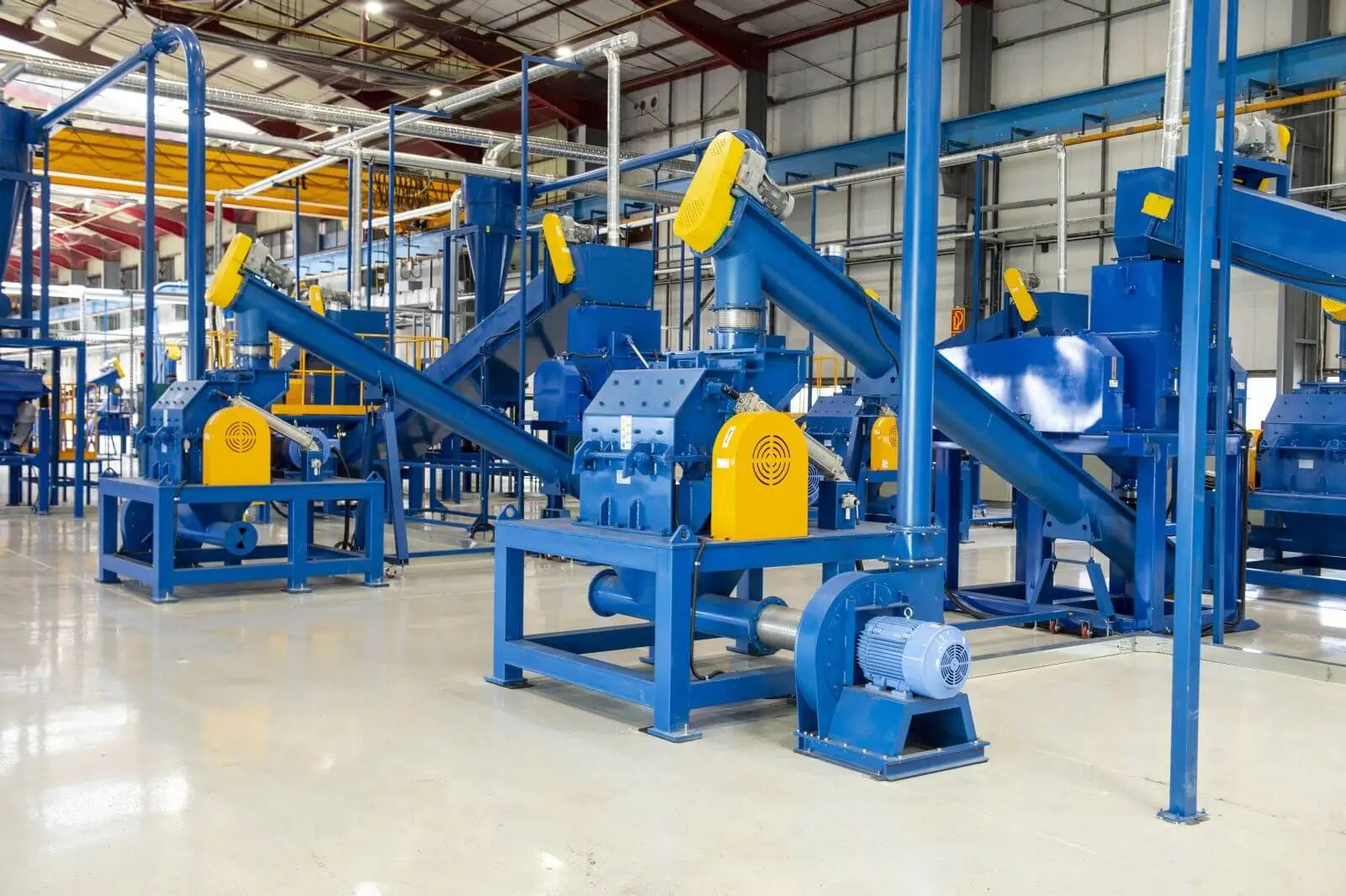
Why do we need battery recycling?
Battery production is essential to our daily lives. Nowadays, the most common batteries used are the various lithium-ion systems. In fact, it is not only the production of electric cars that has led to such a proliferation, but the use of batteries has now become a fundamental component of many electronic devices, almost unnoticed.
What are the positive effects of all this? A welcome environmental development is the reduction in lead-acid batteries and the use of acid batteries. Their environmental impact is significant at the point of use, their disposal is much more problematic and it can be said that almost every household, let alone business, has such spent batteries in "black stores", i.e. storage sites that they would not want to be seen by the inspectors on the spot during a possible official inspection.
In addition, batteries contribute very significantly to achieving climate neutrality. According to a study in Germany, an electric car with an average battery capacity is responsible for 52 000 km less greenhouse gas emissions over its lifetime than a diesel or petrol car. Of course, for luxury electric cars with large batteries, this "payback" can be much higher. (Source: Jennifer Okafor: Environmental Impact Of Battery Production And Disposal)
However, it is easy to see that the increasing demand and volume of production is accompanied by an increase in the amount of waste generated. We can conclude that the problem is real and needs to be addressed.
In the long term, a very significant amount of discarded electronic equipment and end-of-life electric vehicle batteries will need to be recycled. As these cannot be directly reused - battery capacity will gradually decrease over time, first gradually and then steeply - it will be essential to develop and operate a well-functioning and efficient return and recycling system.
At present, all European car manufacturers are developing their electric cars at a rapid pace, so the importance of batteries is steadily increasing, which has led to the development of certain service facilities, including recycling itself.
SungEel Hitech Hungary Kft. performs this task at its two Hungarian sites. On one side, we see a huge demand for the use of batteries, the rise of electromobility. On the other side, everyone wants it not to be produced in their neighbourhood. Of course, in addition to this, a significant number of those who are speaking out against battery factories want a 'green transition', even driving electric cars where appropriate, and of course using smartphones and laptops with lithium-ion batteries.
There is no question that both the production of batteries and the processing of their waste have a number of environmental impacts, but SungEel Hitech Hungary Ltd. aims to find the right technological solution for recycling until other, more environmentally friendly alternatives for storing electricity are available.